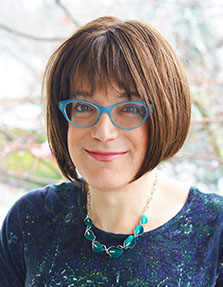Every Atom | No. 37
Introduction to Every Atom by project curator Brian Clements
Health meant a lot to Whitman, including most of what it means to us, and including things far beyond medical checkups and the sense of being free from disease: he wanted to be, and became, a poet of emotional health, of satisfaction, of fullness, of strength, of expansion, who would not have to stay at home, or shrink from threats, or withdraw from the world. Health meant going forth. It meant—you might think—getting up at sunrise, facing the day, as the America of Whitman’s imagination would face the day and the sun, expanding not only westward (in ways we now recognize as genocidal) but eastwards to meet the sunrise, to meet the cultures of Europe, to speak to them on their own terms, as well on terms that Americans could invent. To read through “Song of Myself” in any of its versions is to encounter not only a self, not only an ego (as Whitman's detractors have noted), but also an ego-ideal, a person whom Whitman wants to be, whom Whitman holds up as a model for you and me, however different (“I am not what you supposed”) that model may appear when we learn and reread and take notes and dig in. “Song of Myself” is at once an anatomy and a health manual, a delving into the poet’s capacious psyche and a way of showing us what we, too, might learn to be. And it includes us whether we face the sun, whether we want to face the sun, in the morning, or whether–as this line suggests (as usual, cleverer on second and third reading that it appears at the brash first)–we are the sort of people who might stay up late, till sunrise even, and awaken to the trill of birds at noon.
Recommended
Nor’easter
Post-Op Appointment With My Father
Cedar Valley Youth Poet Laureate | Fall 2024 Workshop







